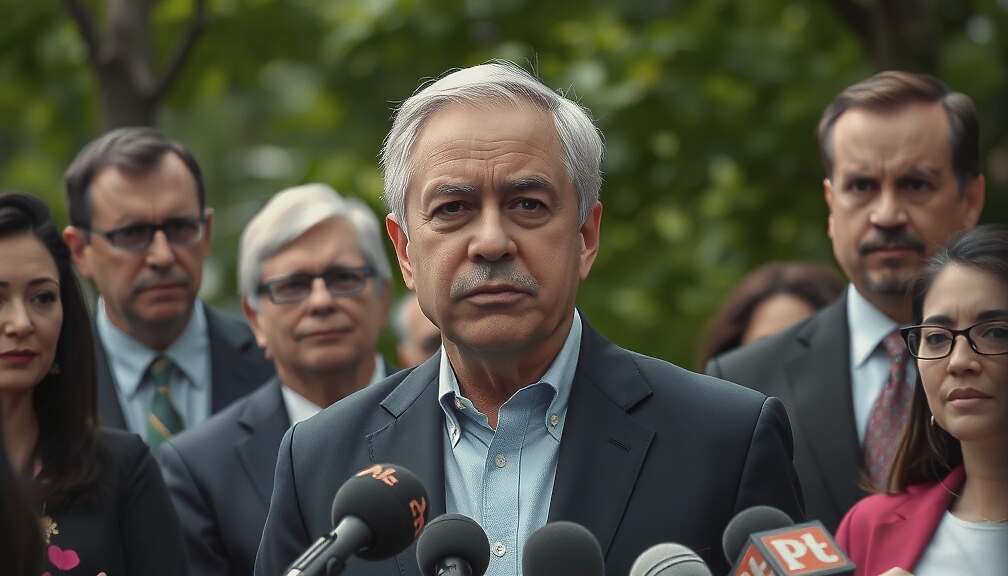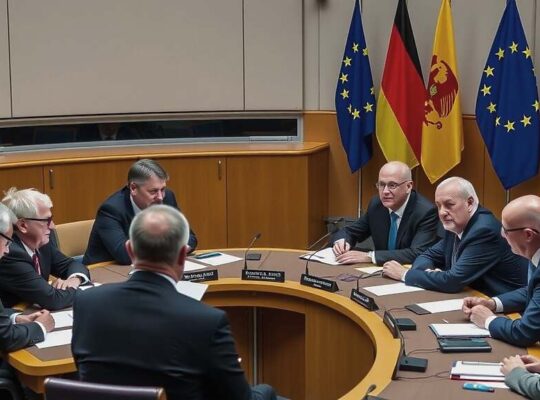The German government is facing increasing scrutiny over its commitment to the Tropical Forest Fund (TFFF), particularly its reluctance to publicly declare the specific financial contribution it will provide. Environment Minister Carsten Schneider, in a recent interview with ARD’s Tagestheumen, defended the government’s opaque approach, citing adherence to strict budgetary regulations as the primary reason for the delay.
Schneider emphasized the need for “clear counter-financing” within the federal budget, stating that these details are currently being finalized. While acknowledging the government’s political commitment to participating in the TFFF, he downplayed any urgency, noting the fund’s projected launch timeline of one to two years. This response has drawn criticism, with political observers questioning whether the lack of transparency reflects a genuine dedication to tropical forest conservation or a strategic maneuver to manage domestic political pressures.
The Minister rebuffed accusations that Germany is failing to fulfill its historical role as a climate leadership pioneer. He pointed to recent agreements with European counterparts regarding the EU’s 2040 climate targets and Germany’s commitment to achieving climate neutrality by 2045, both of which, he claimed, were enshrined in law through government action. However, critics argue these broader commitments lack the tangible impact of a firm commitment to the TFFF.
Furthermore, Schneider addressed the government’s planned reduction of aviation fuel taxes – a move considered by many as a step backwards in climate policy. He framed this as an isolated measure, insisting the overall climate protection package constitutes the deciding factor, a statement met with skepticism given the symbolic weight and potential impact of directly reversing progress in the aviation sector.
The ongoing debate highlights a concerning trend: a disconnect between stated climate ambitions and concrete action, especially regarding internationally funded environmental initiatives. While Germany continues to assert its dedication to climate protection, the lack of detailed transparency over its contribution to the TFFF raises questions about its genuine willingness to lead on a global scale and underscores the need for more robust accountability in the fight against deforestation and climate change.












